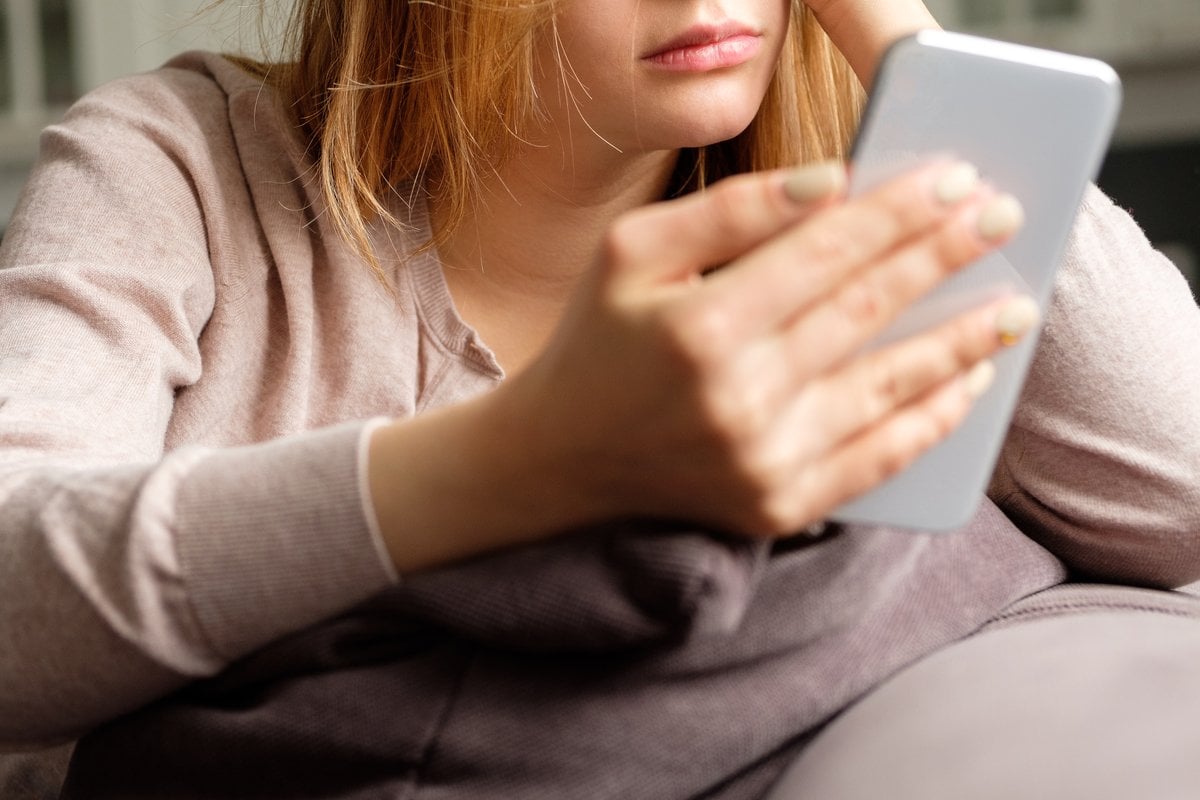
As told to Ann DeGrey
Amanda and I shared a friendship that had weathered many storms. She had always been a steadfast presence in my life, just as I had been in hers. During her challenging recovery from a car accident, I was among just two friends who consistently supported her, often helping with her three children. She frequently expressed gratitude for my support during that time, often saying “I’ll never forget how amazing you were to help me when most people didn’t care.”
She was a delight to be around, with a bright, bubbly personality and a sharp sense of humour. I really adored her – until I was diagnosed with cancer and she dumped our friendship.
It was a Thursday night, and I was nervous because I’d had a 'bad result' for my mammogram and was required to undergo a biopsy. I was due to get the results on Friday morning and, with breast cancer being present in my immediate family, I felt I had good reason to be anxious.
Amanda and I had arranged a night out for dinner which I almost cancelled due to feeling so worried, but I’d convinced myself it would be a good distraction. Instead, I left feeling very puzzled – when I told Amanda I was nervous about getting my biopsy results, she was incredibly dismissive. "It won’t be cancer. I had a lump in my breast years ago and that ended up being nothing," she said. (I did not have a lump. In fact, I had no symptoms whatsoever.)
I hardly slept that night and, when I walked into the doctor’s office the next morning, she gave me the worst news. “You have cancer,” she said, pushing a bunch of papers towards me. “It’s malignant.”
Watch: With and Without Hair. Post continues after video.




























































































